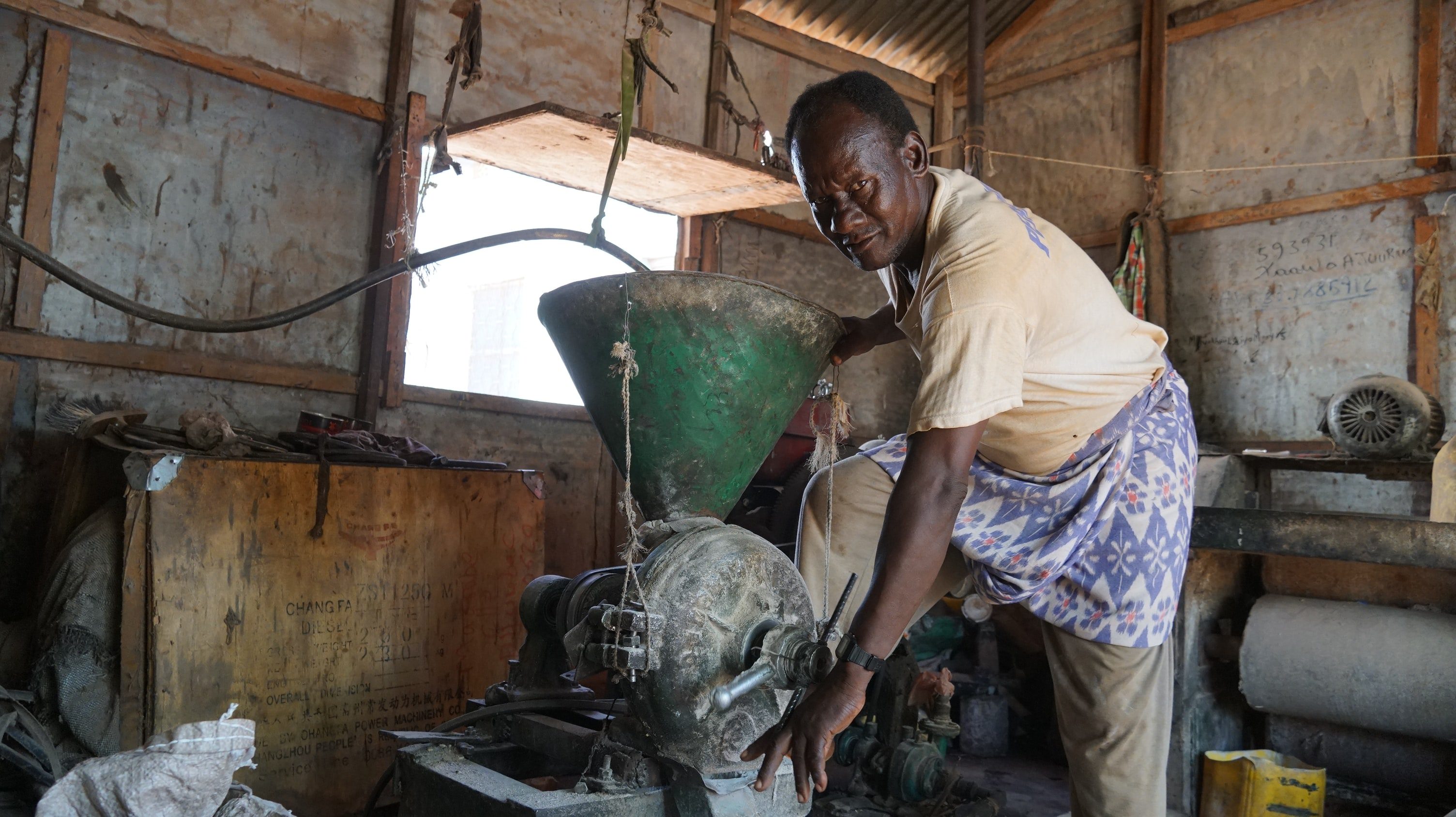Somalia’s attempts to achieve political stability has been a Sisyphean task. Driving this never-ending political crisis is a set of highly polarizing and pervasive political fault lines that make Somalia vulnerable to internal civil crises and influence from external actors. Further complicating matters is that all the immediate causes of Somalia’s political instability are closely linked with each other, which lends credence to the fatalistic conclusion that the road to peace and stability is virtually impossible.
At first glance, the terrorist attack on May 10th, 2019, in the Somali port city of Bosaso could be easily explained as another sad day in Somalia. However, there was something unusual in this attack in which a local affiliate of ISIS claimed responsibility.
In an audio cell phone recording leaked to the New York Times, Qatari businessman, Khalifa Kayed al-Muhanadi – a businessman closely allied to the Qatari emir – allegedly intimates to the Qatari ambassador to Somalia that, “our friends were behind the last bombings.” Unmistakably, what emerged from this call was Qatar’s complicity in the bombing, to make it impossible for the UAE’s shipping company, DP World, to occupy and manage the port of Bosaso. This tacit approval of terrorism by state actors as an instrument of geopolitical posturing, or in the furtherance of state interests, could be contextualized within the larger Qatar-UAE power struggle that continuously undermines Somalia’s stability.
Gulf countries have been competing for geopolitical influence beyond the Middle East, and the most consequential geopolitical drama has been played out in Somalia. This is not surprising.
In fact, despite being an impoverished country, Somalia has emerged as a strategic geopolitical space, where Gulf countries are competing to control vital shipping lanes bordering Somalia’s long coastline. Other areas that stirred intra-gulf competition in Somalia was the scramble to obtain cooperation agreements and investments in nascent industries like fishing, livestock production, and mining.
Nevertheless, with the Gulf dispute resulting from the Saudi-UAE imposed blockade on Qatar coming to an end, it is Somalia, not Gulf monarchies, that will bear the biggest brunt in the long term. In fact, by 2018, it was evident that this intra-gulf geopolitical competition in Somalia was already aggravating intra-Somali disputes.
This is because, in the pursuit of expanding their economic and military clout, Persian Gulf monarchies leveraged on the existing distrust and antagonism inherent in Somalia’s fragmented political landscape. In various instances, Qatar and UAE by-passed Mogadishu’s central government and directly sought cooperation with the leaders of Somalia’s regional governments. Evidently, this escalated tensions in the already tenuous relationship between Mogadishu and the Federal States – with some now intensifying calls for full autonomy.
As Somalia was forging closer ties with Qatar and Turkey, Somalia’s President, Mohamed Abdullahi Farmajo, put himself in a highly unextractable dilemma with his biggest trading partner, the UAE.
[perfectpullquote align=”right” bordertop=”false” cite=”” link=”” color=”” class=”” size=””]Ultimately, the task of finding long-lasting peace in Somalia cannot take place in such a fragmented political environment. However, the biggest hurdle to the fragile security situation in Somalia has been the willingness of various domestic, political players to be used as stooges by external actors.[/perfectpullquote]
In an overt power projection to undermine Mogadishu, the UAE did not hesitate to boost its support for Somaliland when Somali security forces seized its civilian aircraft in April 2018. Most disturbing was that during the seizure of the plane, 10 million dollars was found in unmarked sacks that the UAE maintained was to pay salaries for Somali army personnel. However, on social media, Somalian opinion leaders and commentators insisted that the money was meant to either corrupt Somali leaders, or finance Islamic radical groups.
In quick retaliation to this seizure, the UAE signed trade deals, and several other MOUs with Somaliland, that included a wide range of agreements spanning from Visa agreements for Somalis, maritime deals, and building a transport corridor linking Somaliland with Ethiopia.
What followed was a strongly worded statement from Somalia’s central government dismissing the UAE deal as “null and void”, since the agreement violated Somalia’s unity and constitution. But beyond this condemnation, Somalia was powerless to stop the deal. On the other hand, buoyed by such a consequential bilateral deal, Somaliland has been intensifying diplomatic efforts to be recognized as a state.
In a clear example of this diplomatic charm offensive, Somaliland leaders were recently hosted by Kenyan president, Uhuru Kenyatta, where they signed a number of bilateral pacts. Predictably, this did not go well with Mogadishu, and on 15th December 2020, it severed diplomatic ties with Kenya.
Ultimately, the task of finding long-lasting peace in Somalia cannot take place in such a fragmented political environment. However, the biggest hurdle to the fragile security situation in Somalia has been the willingness of various domestic, political players to be used as stooges by external actors.
Charles Waiganjo holds post-graduate qualifications in philosophy and political science. He completed his studies at the Université Michel de Montaigne, and at the Université de Bordeaux. Charles is an African Liberty contributor.

